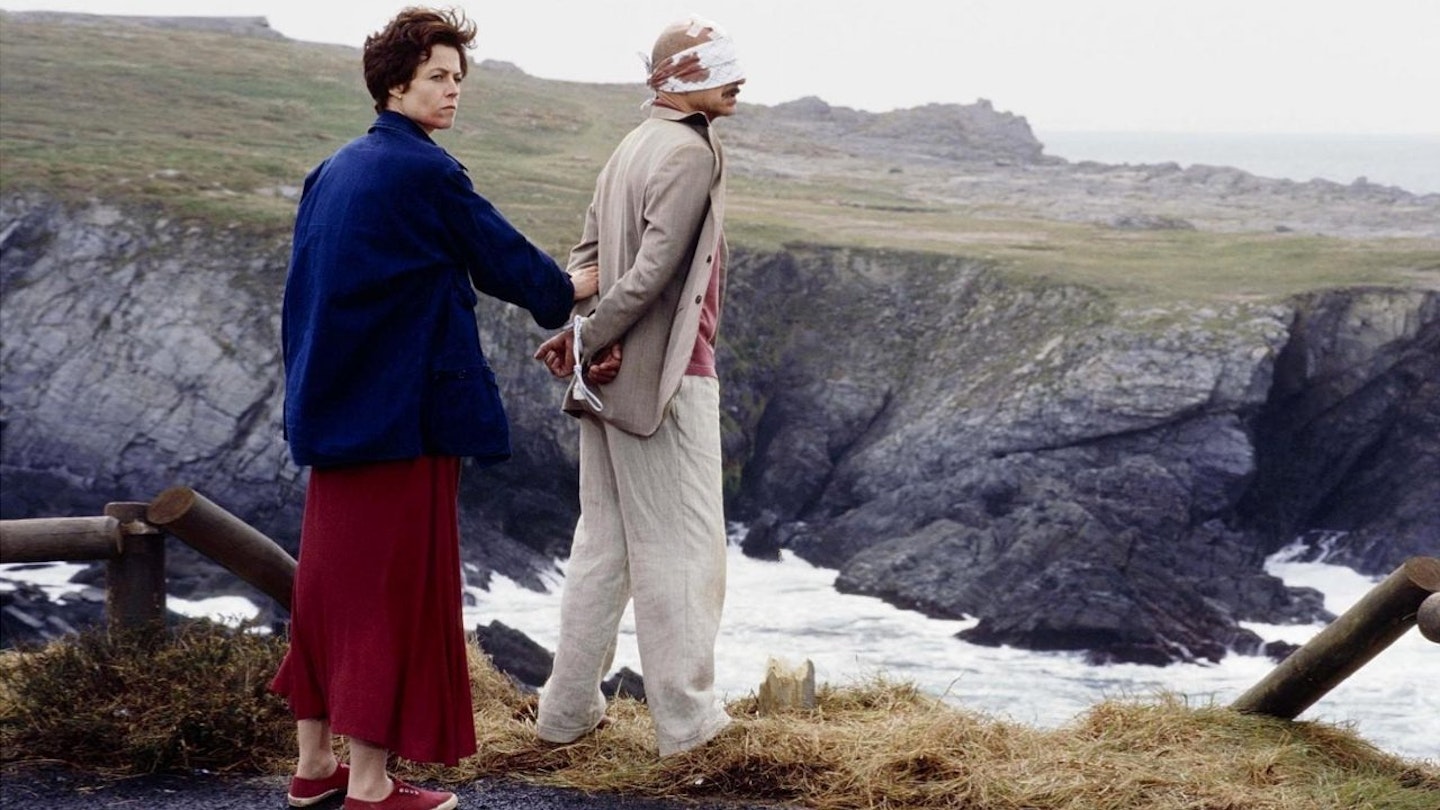Polanski's version of Chilean exile Ariel Dorfman's play has preserved all the essential claustrophobia of the warhorse original. Aside from snippets at a concert where the title piece by Schubert is being played, this film is set entirely within the isolated house of its main characters - Gerardo (Wilson), a former revolutionary and now top lawyer, and his highly strung wife Paulina (Weaver), a survivor of torture - during a power cut and thunderstorm Agatha Christie would approve of.
On this stormy night, Gerardo is given a lift home, after car trouble, by Roberto (Kingsley), a doctor Paulina later claims is the man who supervised her torture. Paulina, who was blindfolded during her ordeal, believes she recognises Roberto's voice, smell and pet phrases. Most tellingly, she finds in the doctor's car a cassette of Death And The Maiden, the music played when she was raped. Paulina batters and binds Roberto and, appointing Gerardo as defence attorney, stages a mock trial in an attempt to get a confession from the man who claims to be innocent.
The triumph here is its use of rickety thriller conventions as a foundation for an ultimately profound meditation on the relationship between torturer and victim. Weaver plays the role of Paulina to the hilt, never descending into ranting mania, conveying the iron will that pulled her through the original torture, and thereby systematically humiliating the protesting Roberto. And if the revelations of the last act aren't exactly unguessable, they at least allow the somewhat stooge-like male characters their own acting crescendos. As much as this doesn't feel like an especially personal project for its director, who has been presented with a script and a cast Michael Winner would be hard-pressed to make a dud movie from, its chilling efficiency and passion mark it as something of a comeback for Polanski after the slackness of Bitter Moon.
